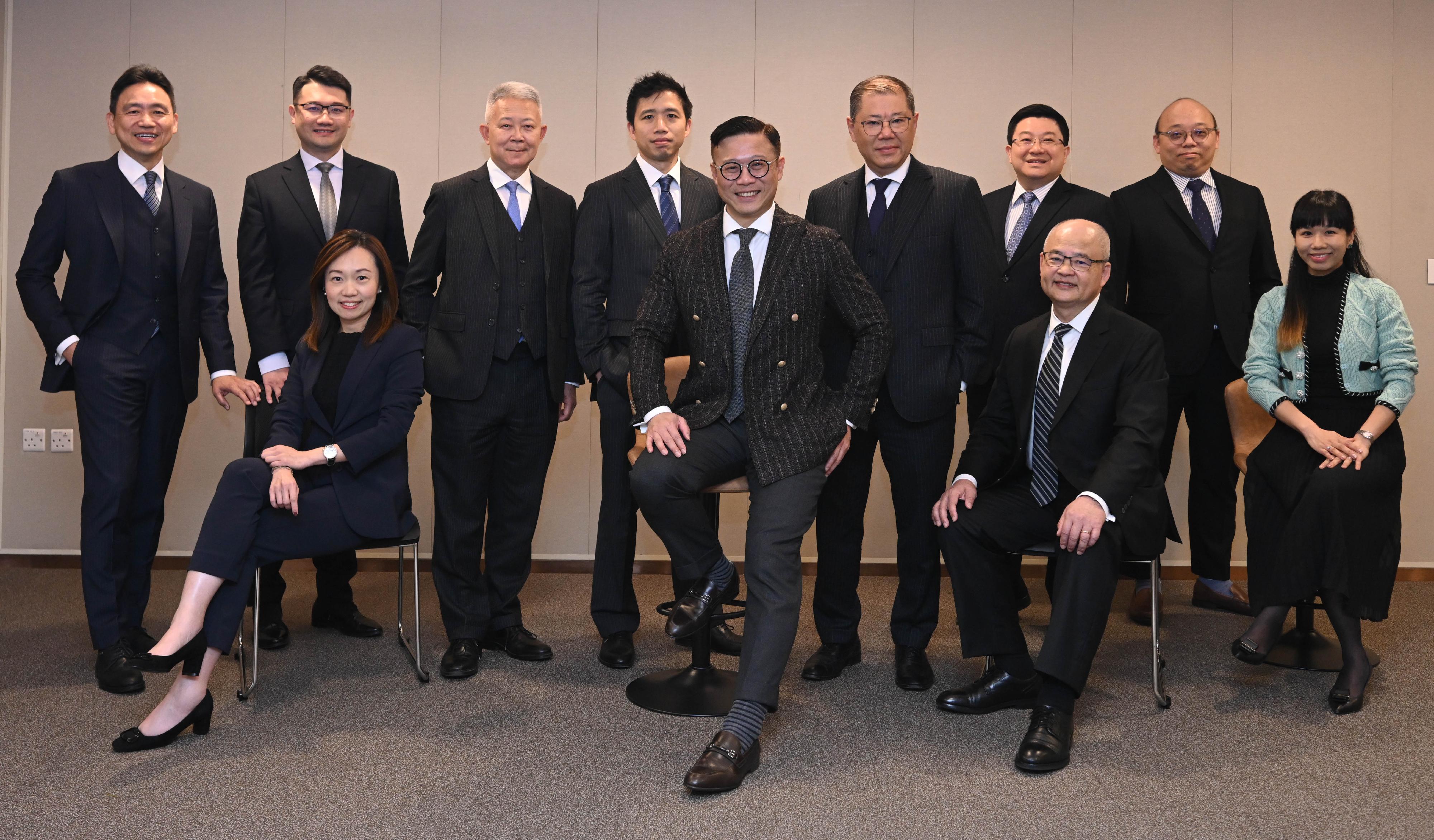HAD opens temporary cold shelters
In view of the cold weather, the Home Affairs Department has opened 18 temporary cold shelters in various districts today (March 1) for people in need of the service. The temporary shelters will remain open when the Cold Weather Warning is in force.
Clean mattresses and blankets/quilts, hot meals and hot water will be provided to shelter users free of charge during the opening of temporary shelters.
To ensure that cold shelter users can rest in a quiet and undisturbed environment, members of the public or agencies wishing to make donations to shelter users are requested to register with the staff of the shelter first. Donors will then be directed to place the donated items at a specified indoor location. The staff will help notify the shelter users to collect the items on their own.
Anyone seeking temporary refuge or with any questions about the donation arrangements at the cold shelters may call the department’s hotline 2572 8427 for more information.
The 18 temporary cold shelters are located at:
Hong Kong Island:
——————–
Central and Western:
Sai Ying Pun Community Complex Community Hall
3/F, Sai Ying Pun Community Complex,
2 High Street, Sai Ying Pun
Eastern:
Causeway Bay Community Centre
3/F, 7 Fook Yum Road, Causeway Bay
Southern:
Lei Tung Community Hall
Lei Tung Estate, Ap Lei Chau
Wan Chai:
Wan Chai Activities Centre
LG/F, Wan Chai Market, 258 Queen’s Road East, Wan Chai
Kowloon:
——————
Kowloon City:
Hung Hom Community Hall
1/F, Kowloon City Government Offices,
42 Bailey Street, Hung Hom
Kwun Tong:
Lam Tin (West) Estate Community Centre
71 Kai Tin Road, Lam Tin
Sham Shui Po:
Nam Cheong District Community Centre
1 Cheong San Lane, Sham Shui Po
Wong Tai Sin:
Tsz Wan Shan (South) Estate Community Centre
45 Wan Wah Street, Tsz Wan Shan
Yau Tsim Mong:
Henry G Leong Yaumatei Community Centre
60 Public Square Street, Yau Ma Tei
New Territories:
—————-
Islands:
Tung Chung Community Hall
G/F, Tung Chung Municipal Services Building, 39 Man Tung Road, Tung Chung
Kwai Tsing:
Tai Wo Hau Estate Community Centre
15 Tai Wo Hau Road, Kwai Chung
North:
Cheung Wah Community Hall
Cheung Wah Estate, Fanling
Sai Kung:
Hang Hau Community Hall
G/F, Sai Kung Tseung Kwan O Government Complex,
38 Pui Shing Road, Hang Hau, Tseung Kwan O
Sha Tin:
Lung Hang Estate Community Centre
Lung Hang Estate, Sha Tin
Tai Po:
Tai Po Community Centre
2 Heung Sze Wui Street, Tai Po
Tsuen Wan:
Lei Muk Shue Community Hall
G/F, Hong Shue House, Lei Muk Shue Estate, Tsuen Wan
Tuen Mun:
Butterfly Bay Community Centre
Butterfly Estate (near Tip Sum House), Tuen Mun
Yuen Long:
Long Ping Community Hall
Long Ping Estate, Yuen Long read more



